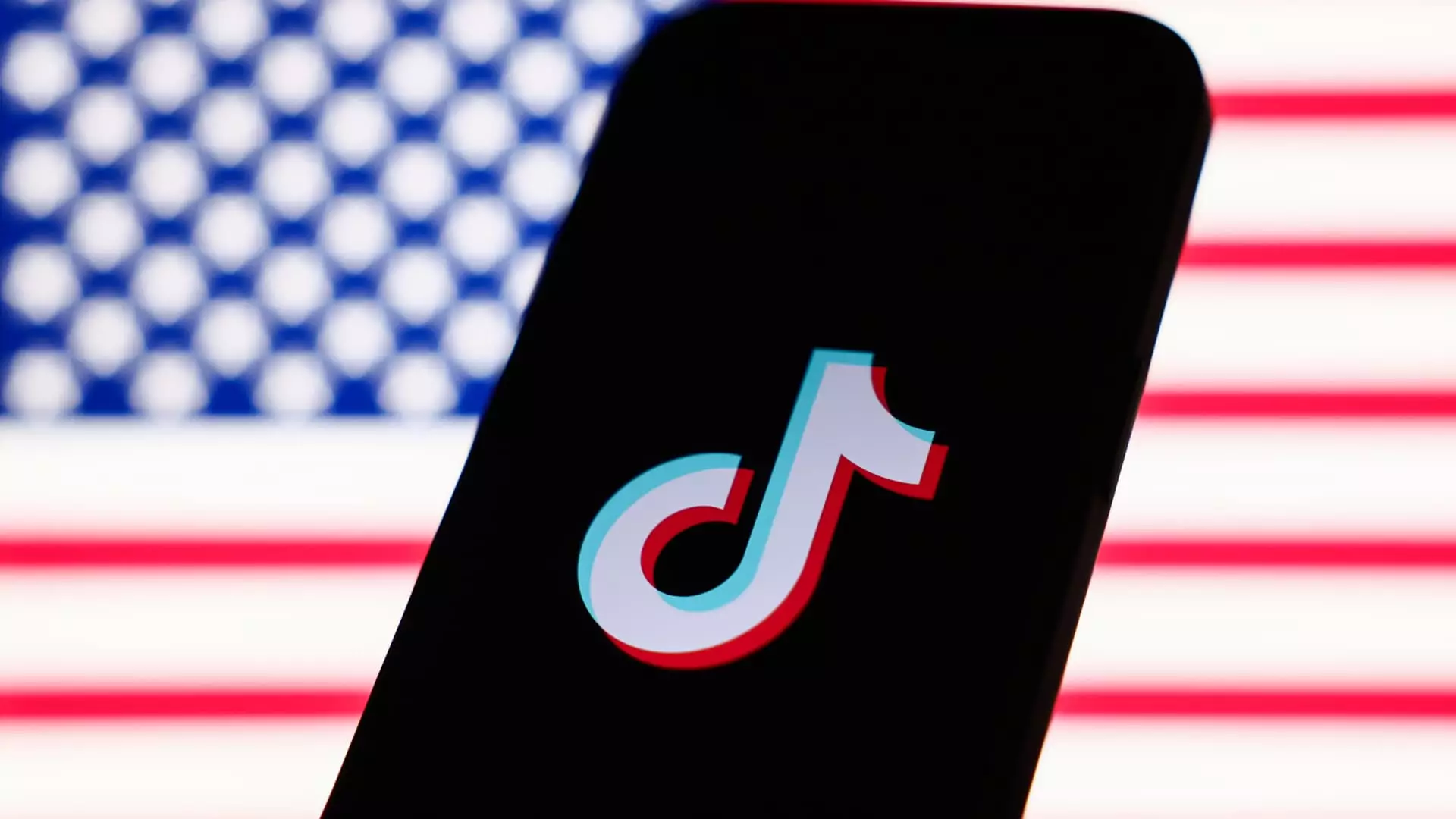TikTok, the social media giant owned by Chinese tech firm ByteDance, stands at a critical juncture in its relationship with the United States. The potential implications of a Supreme Court ruling regarding national security regulations could not only redefine the operational framework for TikTok in the U.S. but necessitate a staggering investment from prospective buyers if ByteDance opts to sell its U.S. unit. This article delves into the current market landscape for TikTok, exploring user engagement, financial valuations, and the various stakeholders involved in this unfolding drama.
Potential Ban and Valuation Estimates
As TikTok faces the grim possibility of a ban in the United States, the stakes for potential buyers have surged. Should the Supreme Court enforce a national security law that penalizes tech giants like Apple and Google for hosting TikTok, the urgency for ByteDance to reconsider its American operations could intensify. Although ByteDance has not committed to selling TikTok’s U.S. branch, speculation continues to rise, particularly regarding high-profile individuals like Elon Musk, the CEO of Tesla and SpaceX, who could potentially join the consortium of buyers.
Current valuation estimates reflect this precarious situation. Angelo Zino, a Senior Vice President at CFRA Research, has suggested that the price for TikTok’s U.S. operations could run between $40 billion and $50 billion. This estimation stems from TikTok’s significant user base—approximately 115 million monthly active users in the U.S.—which positions it just behind Instagram while surpassing platforms like Snapchat and Pinterest in terms of engagement. However, the valuation has seen a reduction from a previous high of over $60 billion due to deteriorating geopolitical relations and a general decline in industry multiples.
Moreover, Zino’s assessment does not factor in TikTok’s cutting-edge recommendation algorithms, which are considered integral to its success but remain contentious due to their perceived ties to national security threats. This omission further complicates the valuation landscape for any potential buyer.
Market Dynamics and Buyer Challenges
The intricate dynamics of the tech marketplace lend a layer of complexity to any potential acquisition. Bloomberg Intelligence has evaluated TikTok’s U.S. operations in a range of $30 billion to $35 billion, citing that its value could be “discounted due to it being a forced sale.” This represents not just a financial consideration but also reflects the very real challenge of finding a buyer capable of navigating the intricate web of regulatory scrutiny surrounding data privacy.
The hurdles don’t stop at revenue and user engagement, as the potential buyer must also address public skepticism regarding data security. The concerns surrounding TikTok’s Chinese ownership create a dilemma where trust needs to be rebuilt, complicating any strategic expansion of TikTok’s advertising business in the U.S. market.
Another narrative unfolding is the bid from a coalition of investors led by Kevin O’Leary, known for his role on television’s “Shark Tank.” This group has expressed a willingness to purchase TikTok’s assets, albeit without the proprietary algorithms, for as much as $20 billion. O’Leary asserts that this bid would likely encounter less regulatory scrutiny, a factor that could expedite negotiation processes compared to bids from individuals such as Musk, who carries the baggage of his own volatile public persona.
TikTok finds itself navigating turbulent waters marked by potential legal conflicts and escalating valuations as the possibility of a forced sale looms. Stakeholders, including potential buyers and the Chinese government, remain enmeshed in a scenario heavy with implications for data privacy, national security, and tech regulation in an increasingly digital society. The future trajectory of TikTok in the U.S. remains uncertain, driven by external pressures and evolving market dynamics. With the outcome of ongoing legal battles and potential acquisitions still unresolved, one thing is clear: TikTok’s role in the digital landscape and its operational viability hinge on navigating these complex challenges successfully.


Leave a Reply